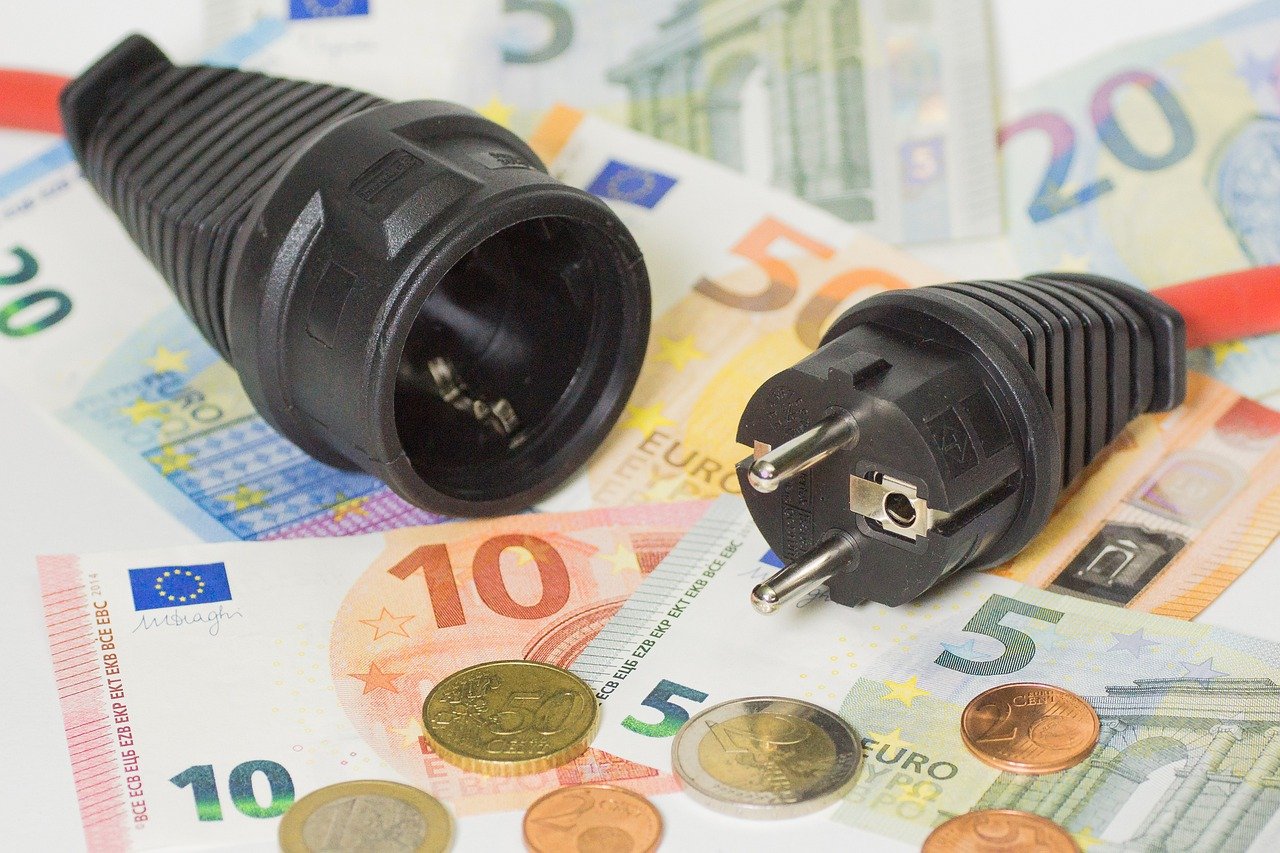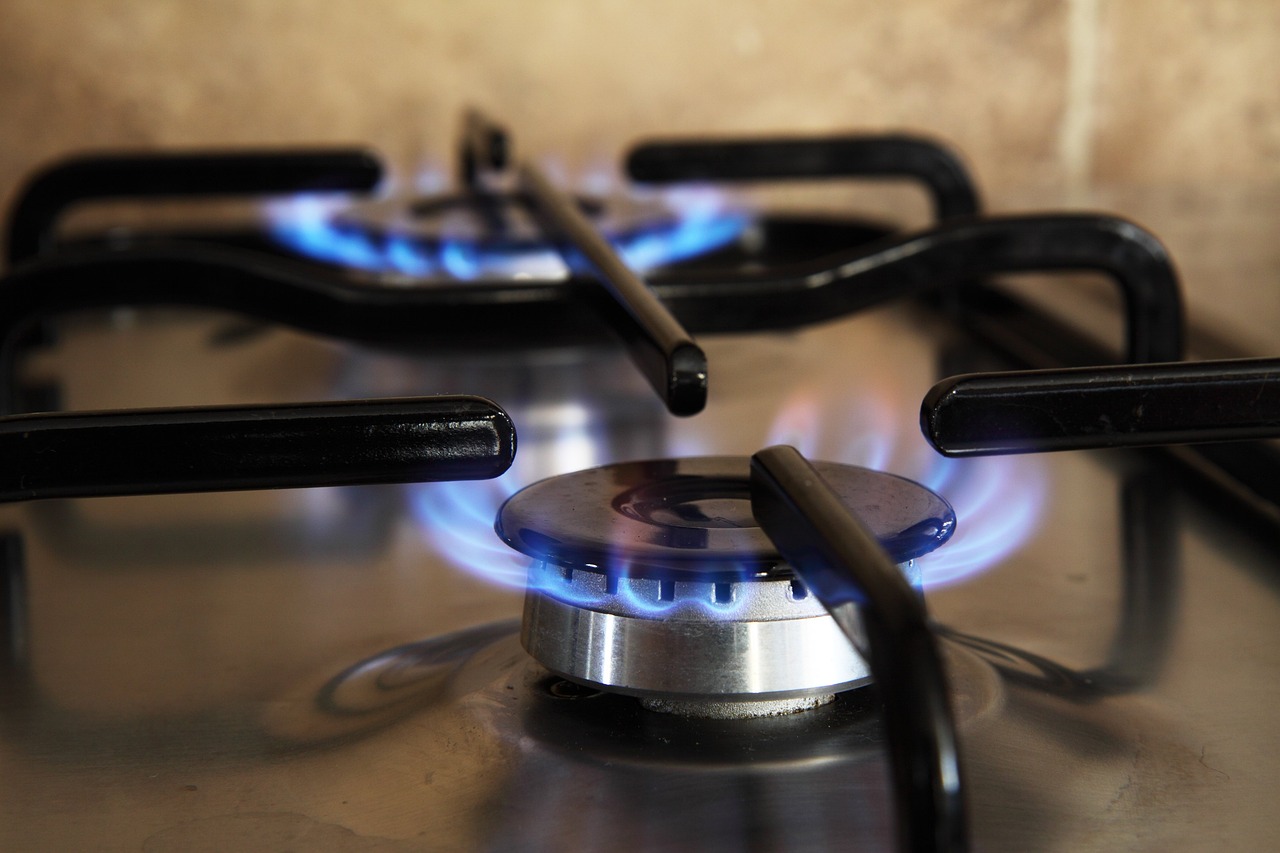
VaasaETT looked at the reasons for, and direction of changes in electricity and gas prices for households.Continue reading

Last year, the amount of natural gas and electricity used in Hungary continued to fall. In 2023, about 8.5 billion cubic meters of gas was consumed, 1 billion cubic meters (10.9 percent) less than in 2022, and 2.5 billion cubic meters (23 percent) less than in 2021, the Ministry of Energy announced.
The ministry added that that 41 terawatt-hours of electricity were used, with electricity consumption down by more than two terawatt-hours, or 4.7 percent, compared to the previous year.
The Hungarian Central Statistical Office’s summary shows that the population used more than three billion cubic meters of natural gas in 2023, while economic operators used nearly 5.5 billion cubic meters. The decline in the two major consumer categories, year-on-year, was 10.7 and 11 percent respectively. Fourth-quarter figures show a slight increase, with total use of around 2.7 billion cubic meters, exceeding the level of the last three months of 2022 by 1.3 percent, according to the ministry.
Last November, electricity consumption rose for the first time in a long time compared with the same month the previous year, and there was also an increase in December.
The last quarter thus saw a 2.1 percent increase in consumption, with nearly 11 terawatt-hours, compared with a full-year decline, they added.
According to a calculation based on data provided by the MVM Group, nearly 2.5 billion cubic meters of gas and 9.5 terawatt-hours of electricity were consumed in Hungary during the 2023 heating season (started in mid-October). Compared to the same period in 2022, these figures show an increase of 1.8 and 3.1 percent, respectively.
The latest data shows that only ten percent of households consumed natural gas and twenty percent of households consumed electricity above the ‘price protection threshold.’
The ministry noted that
a more accurate reflection of the actual situation is the consumption rate in Hungary, which is 57 percent, the third highest in Europe and more than double the EU average.
The government is promoting energy efficiency in businesses, public buildings, and residential properties through a range of measures, including the recovery plan adopted in December and its REPowerEU energy chapter. The Solar Energy Plus Program, starting in mid-January, will offer families non-repayable funding to produce green energy for their own use and store it for later consumption. The state contribution of up to HUF 5 million (EUR 13,200) per property will strengthen households’ self-sufficiency and permanently reduce their electricity bills, the Energy Ministry explained.
Via MTI, Featured image: Pixabay